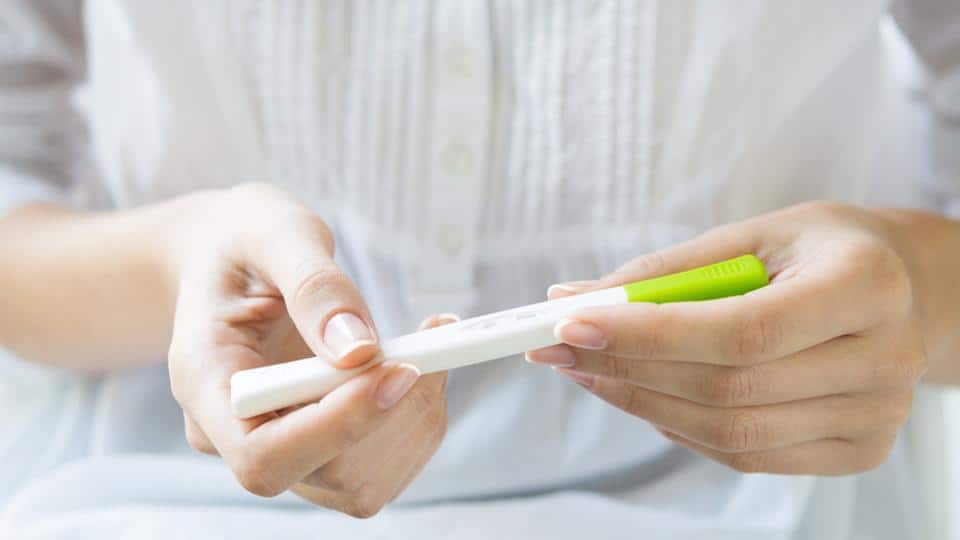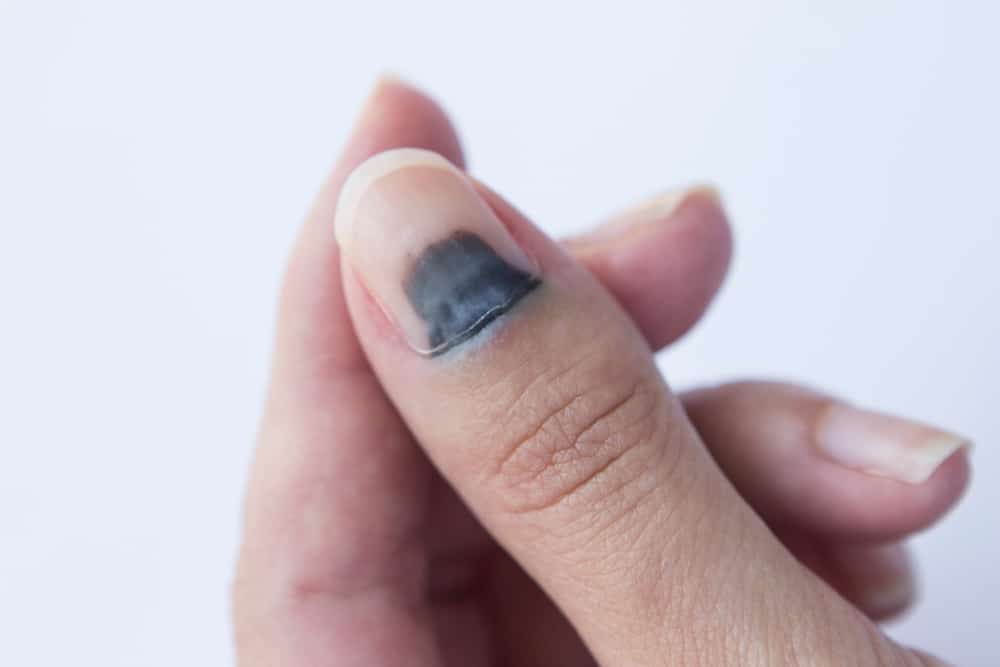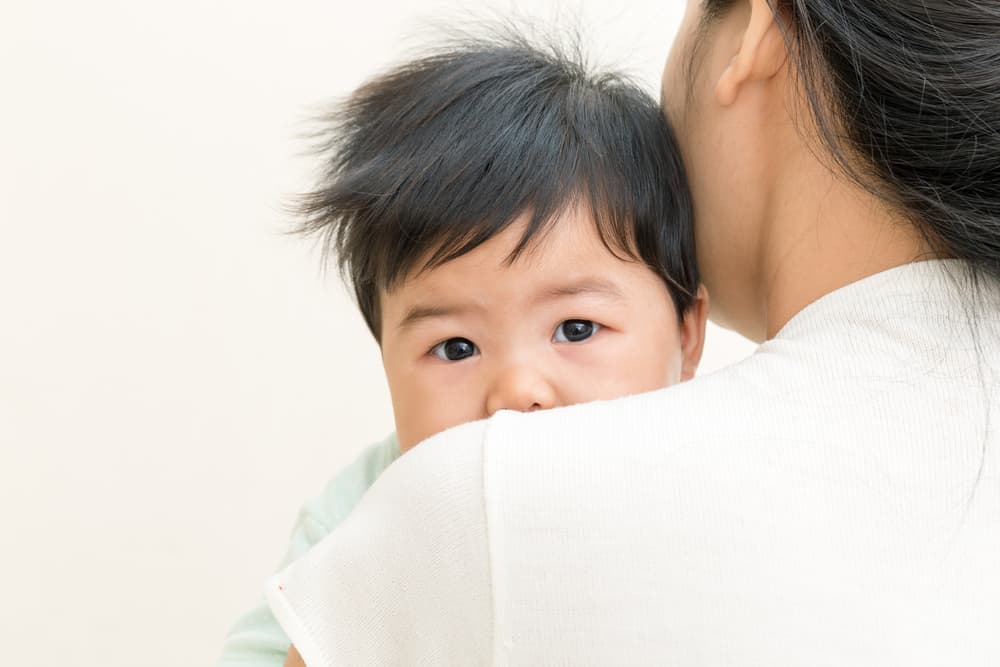Contents:
- Medical Video: Laparoscopic Lysis of Abdominal Adhesions
- What is a sticketan intestine?
- Why do intestinal adhesions make it difficult to get pregnant?
- How to treat intestinal adhesions?
Medical Video: Laparoscopic Lysis of Abdominal Adhesions
Appendicitis is an inflammation of the body in the intestine, or commonly known as appendicitis. Because the internal organs of the body are rather tight together, not infrequently these organs stick together. Many women are worried that appendicitis if operated on will cause adhesions to the uterus or fallopian tubes. This condition is often referred to as intestinal adhesion or adhesions.
What is a sticketan intestine?
Intestinal attachment or adhesion is the result of medical complications that are usually caused by surgery, infection, or endometriosis. An infected intestine can be caused by severe appendicitis, then the intestine ruptures and the fluid becomes sticky.
Generally, tissue in the abdomen and abdominal tissue has a soft surface that does not stick when the body moves. However, certain stomach conditions make them stick together. Bowel adhesions may occur between the digestive tract or between the gastrointestinal tract and abdominal muscle tissue.
Why do intestinal adhesions make it difficult to get pregnant?
Usually, the fallopian tube (the channel that combines the ovary with the uterus) and the intestine in the human body is indeed a place next to each other. Bowel adhesions can affect the chance for a woman to get pregnant if it makes the egg more difficult to enter the fallopian tube at the time of ovulation. Adhesion will sometimes form a barrier between the ovary and the fallopian tube.
Why can it be a barrier? When the egg is released from its stem, the tube or road leading to the uterus is closed due to stickiness with the intestine so it cannot get there. Other types of adhesion may pull the tube and ovary apart, so that fimbriae cannot reach the egg during ovulation.
There are cases where a woman may have adhesions in the abdomen or pelvis that do not affect the tube or ovary. This adhesion can cause pain or other health problems, but it will not interfere with his ability to get pregnant.
How to treat intestinal adhesions?
Surgery is the only effective treatment for intestinal adhesions and fallopian tubes. The doctor will use the "lysis adhesion" method that describes a surgical procedure to divide or separate the intestine, and return it to its original shape (not attached to the fallopian tubes). The less sticky it is in the intestine, the more likely it is that surgery will be effective in producing a pregnancy.
Why aren't all intestinal adhesions successful? One reason is that intestinal adhesions can recur after surgery. In addition, new adhesions can occur after surgery, even if the goal of surgery is to eliminate adhesions.
The doctor will also try to use many techniques to prevent intestinal adhesions from appearing or present with new adhesions. Often this involves the structure of the pelvis which creates obstacles to prevent adhesions from returning.
Another way to treat intestinal adhesions is to place various types of fluid in the stomach after surgery. At present, there is one type of fluid approved by the FDA during gynecological surgery to prevent the commonly called adhesions adept.












